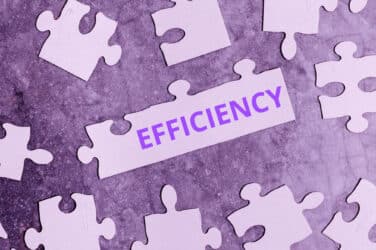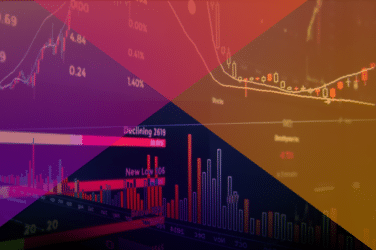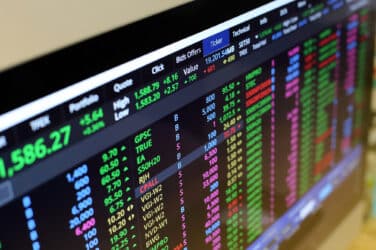Institutional investors face a difficult decision when it comes to trading corporate bonds: Should they be the price makers for their trades?
Actually, it is more of a rhetorical question at this point. The changes in the corporate bond market structure and financial regulations has robbed the buy side of a real choice in the matter.
Although about 80% of the daily notional turnover in corporate bonds still occurs as requests for quotes over the telephone with dealers while the rest trade electronically, a dealer’s ability to offer an accurate quote has waned as they deleveraged its balance sheet to meet its Basel regimes and Dodd-Frank requirements.
Dealers are not trading out of their inventories like they did several years ago. They are working both sides of the trade as agents instead of as principals and hoping to satisfy both counterparties with the final quote.
The proliferation of electronic trading venues has not helped institutional traders either.
As more trading venues enter the corporate bond space, they only contribute to more phantom liquidity in the market as participants seek price discovery for the same liquidity across multiple trading channels and inflating perceived liquidity.
Some institutional traders may think of turning to other instruments like bond ETFs to help with price discovery, but that also could deliver skewed pricing.
The bond ETF market is far more liquid than the corporate bond market, and its arbitrage function keeps the ETF’s price and its NAV tightly couples, except for August 24, 2015.
However, the problem is its size. It’s minuscule compared to the $3 trillion corporate bond market. Cantor Fitzgerald estimated that the bond ETF market is only 3% of the corporate bond market’s size.
Only a subset of issued corporate bonds winds up at components in ETFs.
At the end of the day, buy-side traders will need to stand before their boards and confidently state why they priced their trades as they did. If they rely on the old tried-and-true method, the results will be a continuous downward spiral.
<






